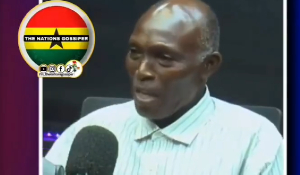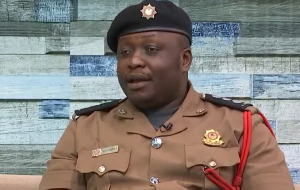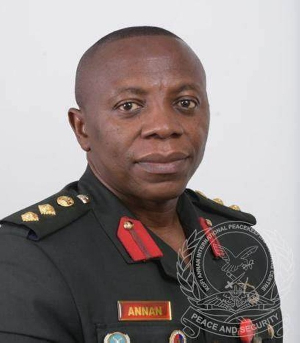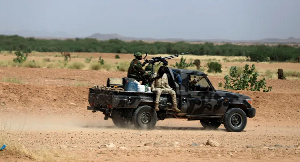We met in a touristy second-floor hotel bar on Accra’s main shopping drag, curiously named Oxford Street.
It had taken four days of messaging and planning. But now across the table sat one of Ghana’s leading gay rights activists. A smart young man in his late 20s, in shirt and tie, his eyes were on full alert and he took four calls during our one-hour meeting.
Prince, one of his aliases, is the executive director of a centre whose official name includes “human rights” but whose unofficial name is the Gay and Lesbian Centre for Ghana.
Prince has often spoken out publicly on gay issues — but not these days.
Homophobia and gay bashing are at a fever high in reaction to British Prime Minister’s David Cameron warning that countries receiving British aid “should adhere to proper human rights.” Cameron specifically mentioned the anti-gay laws of Uganda and Ghana.
While homosexuality is not specifically banned in Ghana, “unnatural” sex acts are.
Prince says he was “completely taken aback” by Cameron’s threat. But he no longer feels safe, adding police harassment has spiked dramatically.
For Prince, moving twice a year has been the norm. Taking constant calls and giving advice “is just what I do.” He has been beaten twice, once in the city’s main Makola market.
I was in Ghana working with Journalists for Human Rights at Ghana’s leading independent newspaper when Cameron made his comments.It is near impossible to describe the ferocity, if not frenzy, of the reaction.
Ghana’s 13 daily newspapers seem obsessed with chronicling the “horrors” of homosexuality. Church leaders lead the way in demanding a total ban on homosexuality. Local radio stations start their newscasts with reports of three homosexuals being arrested, with their names fully revealed.
Ghana’s President John Evans Atta Mills categorically rejected the British threat, saying “under no circumstances” would Ghana kowtow to the British demand. In the parliament, some of the comments defy belief.
The deputy speaker described homosexuality as “abominable,” adding many British homes were in ruins because of such practices. The majority leader said anything that was an “affront” to Ghana’s culture was “unconstitutional.” Another MP said a recent lessening of attitudes had led to Ghana now being advertised as a nation full of social deviants.
Ajo Yeboah-Afari, one of Ghana’s most respected senior journalists, called the press reaction “hysterical.” But hers is a minority view.
To Prince, “this is what I deal with. Ever since I was young, this is what I have known.” He says his sister supports him, his mother’s support is conditional, while the rest of his family constantly ask when he will marry.
A theme throughout the debate is that homosexuality is being brought to Africa by whites, since such practices are foreign to Africans.
Prince says this attitude annoys him. “Whenever I travel outside, I make sure to describe myself as an indigenous homosexual from Ghana. I will not deny who I am.”
As our conversation comes to an end, I am struck by his courage and resolve. So I ask, “who takes care of you?” He pauses, then says quietly, “no one.”
Does he have friends? “I am alone most of the time. That is my life. Being alone so much is probably the hardest.”
A heroic activist, indeed.
John Honderich is chairman of the board of Torstar.
Opinions of Sunday, 20 November 2011
Columnist: Honderich, John
Taking a stand for gay rights in Ghana
Entertainment













